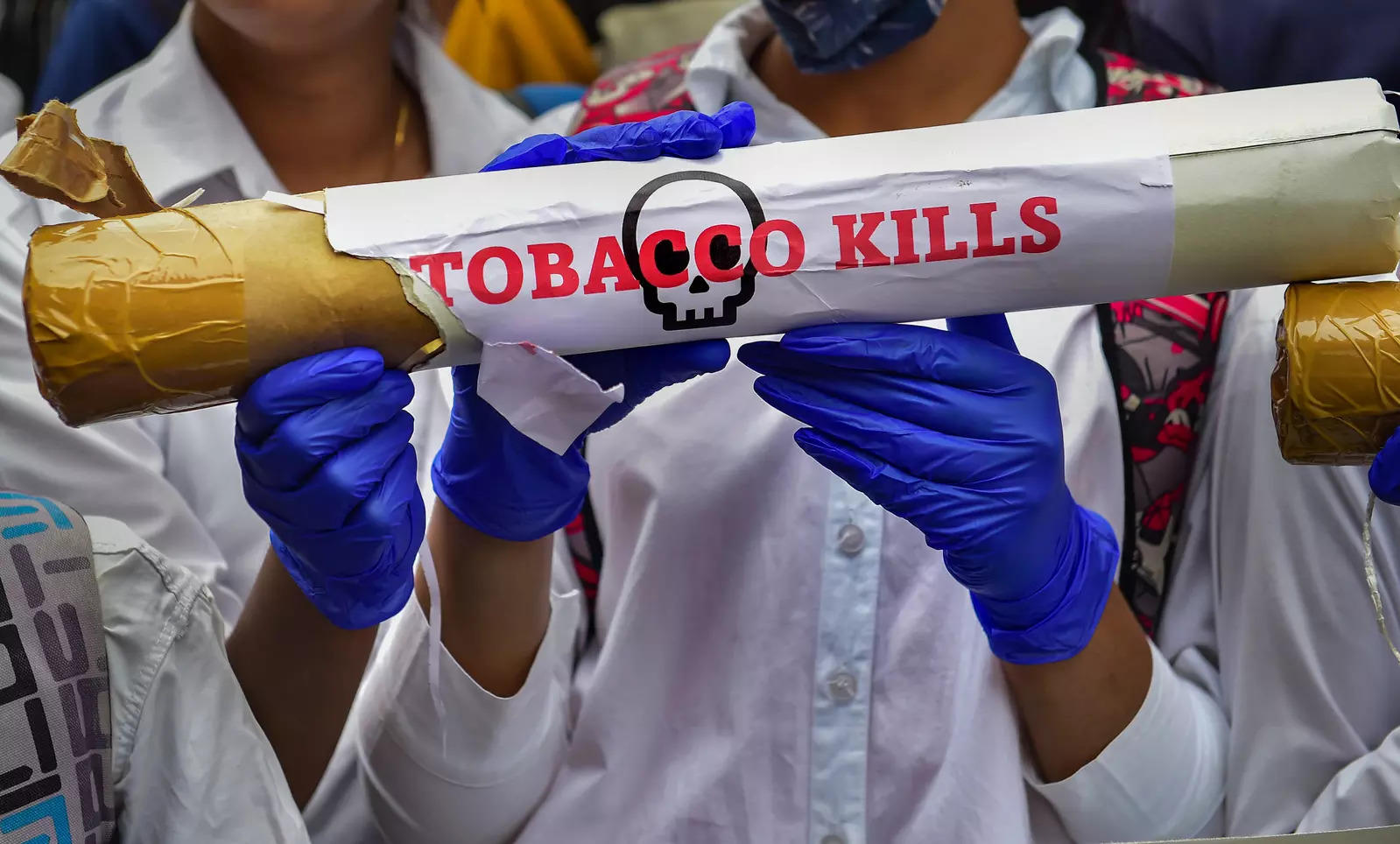 Oral cancer cases are rising at an alarming rate in the country, say experts. Tobacco consumption includes smokeless tobacco, betel-quid chewing, excessive alcohol consumption, and unhygienic oral conditions are some of the risks for a higher incidence of oral cancer. Early detection is important to lower the mortality rate of patients with oral cancer. Regular dental check-ups and quitting tobacco will aid in timely diagnosis and prompt treatment.
Oral cancer cases are rising at an alarming rate in the country, say experts. Tobacco consumption includes smokeless tobacco, betel-quid chewing, excessive alcohol consumption, and unhygienic oral conditions are some of the risks for a higher incidence of oral cancer. Early detection is important to lower the mortality rate of patients with oral cancer. Regular dental check-ups and quitting tobacco will aid in timely diagnosis and prompt treatment.
What is oral cancer?
Oral cancer is an abnormal growth of tissues in the mouth that turn into cancer. It can spread from mouth to nose, neck area, and other parts of the body. In the beginning, the signs can be white or red spots in the mouth, sore on the tongue, lip, or mouth, bleeding in the mouth, swelling in the oral area, and difficulty in swallowing. It is an important health issue in India as it is one of the most common types of cancer affecting a large population.
Tobacco consumption has been the predominant factor causing oral cancer. Consuming tobacco in various forms such as gutkha, zarda, mawa, kharra, khaini, cigarettes, bidi, and hookah is a major cause of tumour development in the oral cavity in both young and adults. A few days back, even actor Akshay Kumar apologised for endorsing a tobacco brand and announced that he will ‘step back’ as its brand ambassador after facing severe backlash, and ensured that he would be more cautious in the future.
What the experts have to say
Dr Suhas Aagre, oncologist and hemato-oncologist said, “Mouth cancer is one of the several types of cancers falling in the category of head and neck cancers. Tobacco is the prime cause of the occurrence of oral cancer in all age groups. All tobacco products, including cigarettes, cigars, pipe tobacco, chewing tobacco, and snuff, contain poisonous substances (toxins), cancer-causing agents (carcinogens), and nicotine, an addictive substance. There are at least 70 dangerous chemicals found in cigarettes and other forms of tobacco products, and getting exposed to these chemicals will lead to oral cancer.
“Chewing tobacco, and keeping it for a long time in your mouth can cause a higher risk. If you have been consuming tobacco for a long time and notice symptoms like mouth pain, lip sore, or inability to swallow, non-healing ulcers, bleeding from an ulcer, development of neck swelling, change in voice, difficulty in swallowing then immediately see a doctor and get the required check-ups done. Other risk factors for oral cancer are poor oral hygiene, dental irritation, human papilloma viral infection, diabetes, and extensive usage of immunosuppressive medicines. Cases are not just rising in rural areas, but in urban areas as well. Nowadays, there is a shocking trend seen wherein youngsters in the age group of 20-30 are affected with oral cancer,” Dr Aagre adds.
Dr Khozema Fatehi, head and neck oral oncosurgeon highlighted, “The use of tobacco is directly associated with approximately 80% of oral cancers in men and women. Youngsters are increasingly consuming smokeless tobacco either due to imitation and/or peer pressure. The lack of awareness about early oral cancer symptoms is the main reason for cancer being detected at later stages. Early detection improves the chances of survival. The treatment of oral cancer includes surgery, radiation, and chemotherapy. Oral cancer itself is preventable, quitting tobacco and other steps can ensure cancer prevention.”
‘Oral cancer: One of the most common non-communicable diseases around the world’
Tobacco is one of the well-known factors of oral cancer which is preventable. Most people with oral cancer have a history of smoking or other tobacco exposure, like chewing tobacco. Oral tobacco products (snuff, dip, spit, chew, or dissolvable tobacco) are associated with the cancers of the cheek, gums, floor of the mouth (under the tongue), and the inner surface of lips. Despite widespread knowledge of the risk of tobacco exposure and use, it is responsible for a plethora of diseases, an alarming death rate, economic burden, and reduced quality of life,” said Dr Adwait Gore, medical oncologist.
“To keep oral cancer at bay, one will have to give up on tobacco. Avoid smoking by opting for a smoking cessation therapy, get enough rest, and eat a well-balanced diet inclusive of fresh fruits, vegetables, whole grains, legumes, and pulses. Cut down on spicy, junk, oily, and processed foods, seek support and encouragement from family, and friends, and don’t miss your regular dental check-ups and regular follow-ups,” concluded Dr Aagre.